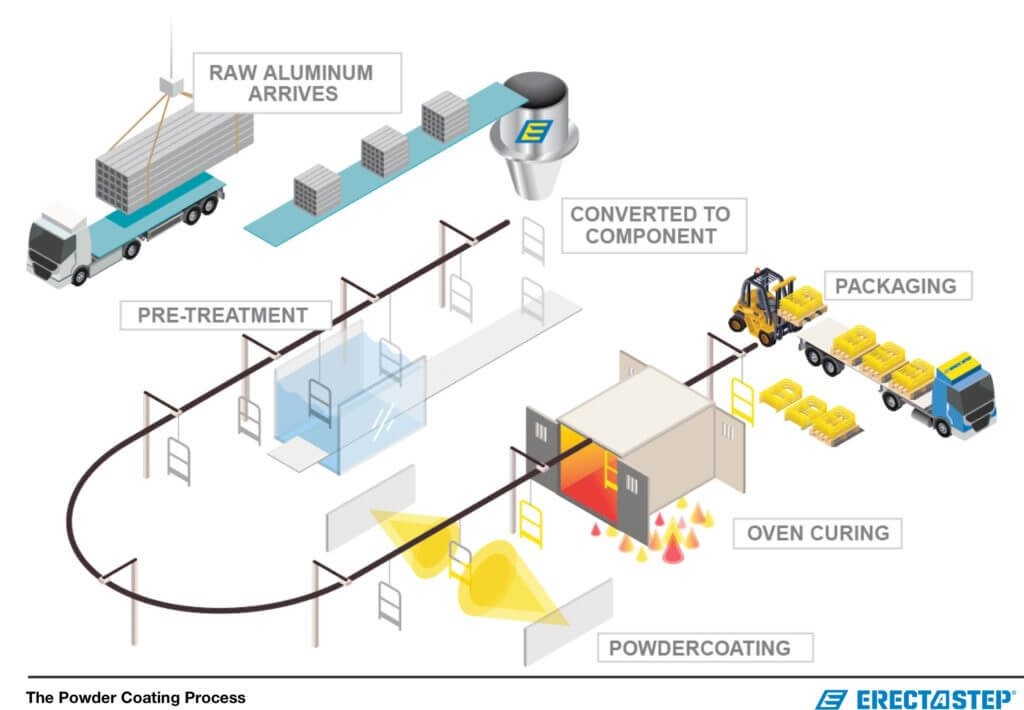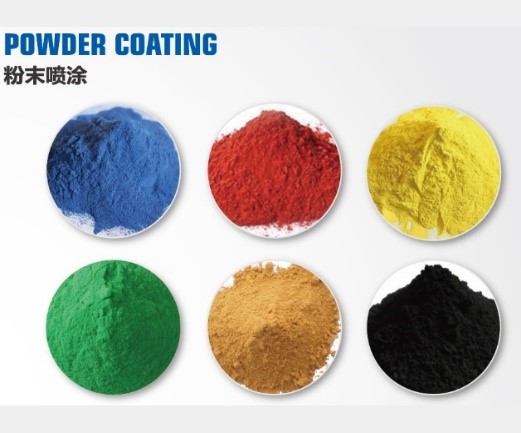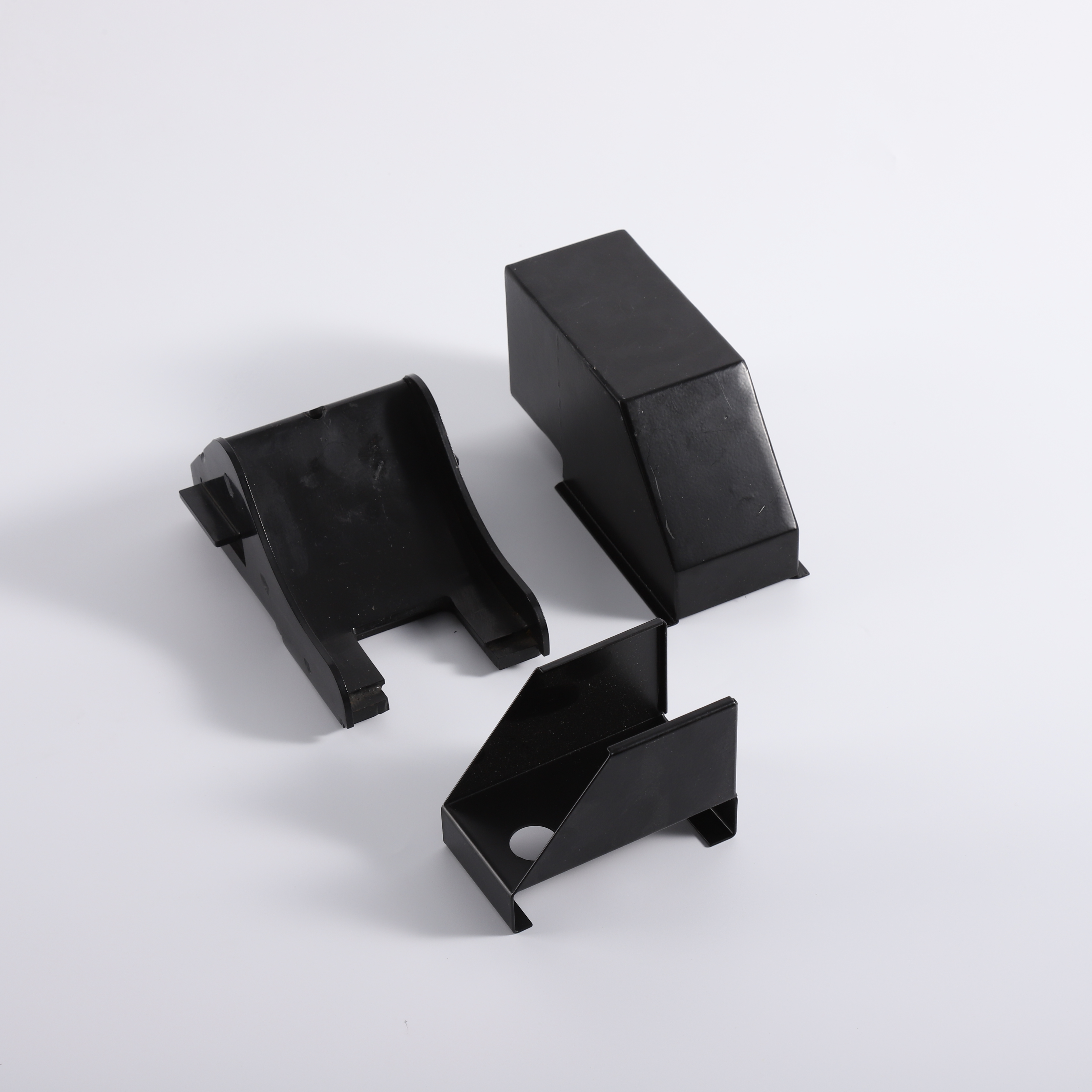In the first three quarters, the industrial operation slowed down and stabilized

On October 25, the Ministry of Industry and Information Technology introduced the industrial development situation in the first three quarters of this year at the press conference held by the National Office of the New Zealand: the industrial added value above designated size increased by 10% year-on-year, and the industrial economy was generally stable and stable, chemical industry, etc. The production growth of the raw material industry showed signs of stabilization. With the further development of the policy of steady growth of enterprises, it is expected that the growth rate of industrial production in the fourth quarter will be higher than that in the third quarter.
According to the data released by the Ministry of Industry and Information Technology, from January to September, the industrial added value above designated size increased by 10% year-on-year, with an increase of 11.6% in the first quarter, 9.5% in the second quarter, and 9.1% in the third quarter. The year-on-year growth rates of 7, 8, and 9 were 9.2%, 8.9%, and 9.2%, respectively. In terms of sub-industries, the production growth rate of certain raw material industries such as chemicals, building materials, and non-ferrous metals showed signs of stagnating and stabilizing. In September, the growth rate of the value added of raw material industry reached 10.8%, which has risen for two consecutive months.
According to Zhu Hongren, a member of the Party Committee of the Ministry of Industry and Information Technology and chief engineer, the industrial restructuring and upgrading in the first three quarters proceeded in an orderly manner. The special financial investment plan for the central government budget has been released, and major industry mergers and reorganizations have made positive progress. Most of the 2,761 backward production lines included in the list of eliminated backward production capacity have been shut down, and some production line equipment has been dismantled. In the first three quarters, the added value of high-tech industries increased by 11.7% year-on-year, and the state's policy of supporting small and micro enterprises was also actively implemented.
Regarding the industrial situation in the fourth quarter, Zhu Hongren believes that at present, the leading indicators such as regional data, industry data, and PMI, as well as the daily average generating capacity, show positive signals, so the growth rate of industrial production in the fourth quarter may be higher than that in the third quarter. To lay a good foundation for achieving the expected target of 7.5% of GDP for the year.
In addition, Zhu Hongren also briefed the Ministry of Industry on the handling of irregular production of rare earths. The Ministry of Industry and Information Technology has severely cracked down on the recent occurrence of lawless elements to transfer production capacity to neighboring provinces and regions other than rare earth resources, and the Ministry of Industry and Information Technology has severely cracked down on it, established a hotline for reporting hotlines, and issued the “Regulation on Rectifying and Rectifying Rare Earthâ€. Notice of irregularities." The Ministry of Industry and Information Technology said that it will continue to strictly implement the directive production plan for rare earths. The next step will also be to supervise the key cases with the public security, supervision, land and environmental protection departments, and severely crack down on illegal production and violations of rare earth production.
Powder coating is a dry finishing process that has become extremely popular. Powder coating is used on a wide array of products. More and more companies specify powder coatings for a high-quality, durable finish, allowing for maximized production, improved efficiencies, and simplified environmental compliance. Used as functional (protective) and decorative finishes, powder coatings are available in an almost limitless range of colors and textures, and technological advancements have resulted in excellent performance properties.
Advantages over other coating processes
1. Environment friendly. Powder coatings contain no solvents and release little or no amount of volatile organic compounds (VOC) into the atmosphere.
2. More thicker coatings without running or sagging than conventional liquid coatings.
3. Perfect color consistency. Powder coated items generally have fewer appearance differences than liquid coated items between horizontally coated surfaces and vertically coated surfaces.
4. A wide range of speciality effects are easily accomplished using powder coatings that would be impossible to achieve with other coating processes.
5. Curing time is significantly faster with powder coatings compared to liquid coatings especially when using ultraviolet cured powder coatings or advanced low bake thermosetting powders.
Powder Coating Process
The Powder coating process involves three basic steps: raw material preparation or the pre-treatment, the powder coating application and curing.
Powder Coating Substrate Considerations
Before applying the powder coating material, you must first consider the substrate material that you will be coating. It is very important to have a clear understanding of the true composition of the surface of the part.
ALUMINUM:
ALUMINUM CASTING
COLD/HOT ROLLED STEEL
CAST IRON
BRASS
COPPER
ZINC
STAINLESS STEEL
Powder Coating Properties:
|
Coating Properties |
|
|
Mechanical Properties |
Pencil hardness GB/T 6739-1996 H-2H |
|
Adhesion (cross-cut method) GB/T 9286-1998 Grade 0 |
|
|
Bending test GB/T 6742-1986 ≤ 2mm |
|
|
Impact test GB/T 1732-1993 ≥50kg.cm |
|
|
Cupping test GB/T 9753-1988 ≥7mm |
|
|
Corrosion Resistance |
Salt spray test GB/T 1771-1991 >500 hours, no change, crossion width at crossing ≤ 2mm |
|
Damp heat test GB/T 1740-1979 >1000 hours, mild loss of gloss |
|
|
Temperature resistance 100°C/48 hours, excellent gloss retention |
|
|
|
|
Powder Coating Colours
RALAL Range, Pantone Range, and other Natural Colour Systems (NCS)
If you have a Powder Coating Colour requirement that we do not stock we are usually able to source powders from the above ranges within 48 hours.
Powder Coating Gloss Level
Gloss is measured as a percentage.
1. Matt Powders are between 20% and 30% gloss.
2. Semi-gloss Powders are usually around 60-65% gloss.
3. Gloss Powders at least 80% and can be 85%.
Powder Coating finishes
1. Textured Powder Coating:
2. Ripple/Leatherette Powder Coating.
3. Hammerite Finish Powder Coating.
4. High Temperature Powder Coating.
5. Anti-Bacterial Powder Coating.
6. Clear or Tinted Powder Coatings.
Application Field
1. In automotive applications:
a) some primers used on bodywork have converted to powder. This has given improved coating quality and provided ecological advantages.
b) where a functional as well as a decorative finish is desirable powder coatings are being used increasingly eg.
i. - wheels,
ii. - bumper bars,
iii. - mirror frames,
iv. - oil filters,
v. - battery trays,
vi. - coil springs and
vii. - heads.
2. Appliances
a) Specially formulated, hard and scratch resistant powder coatings are replacing the energy-intensive porcelain finishes on washer tops and lids.
b) Powder coatings are being used on range housings, freezer cabinets, drier drums, and microwave oven cavities.
c) Outdoor furniture, farm and garden implements and garden tractors also are being finished with powder coating materials. - Interior fluorescent light reflectors are coated using a highly reflective, very thin powder coating.
d) Exterior lamp housings on highway and parking deck fixtures are coated with specially formulated powder which give ultra violet light protection and added corrosion protection



Powder Coating,Custom Powder Coating,Metal Powder Coating,Powder Coating Services
Suzhou FCE precision electronics Co., LTD , https://www.sjfukeyifcesz.com